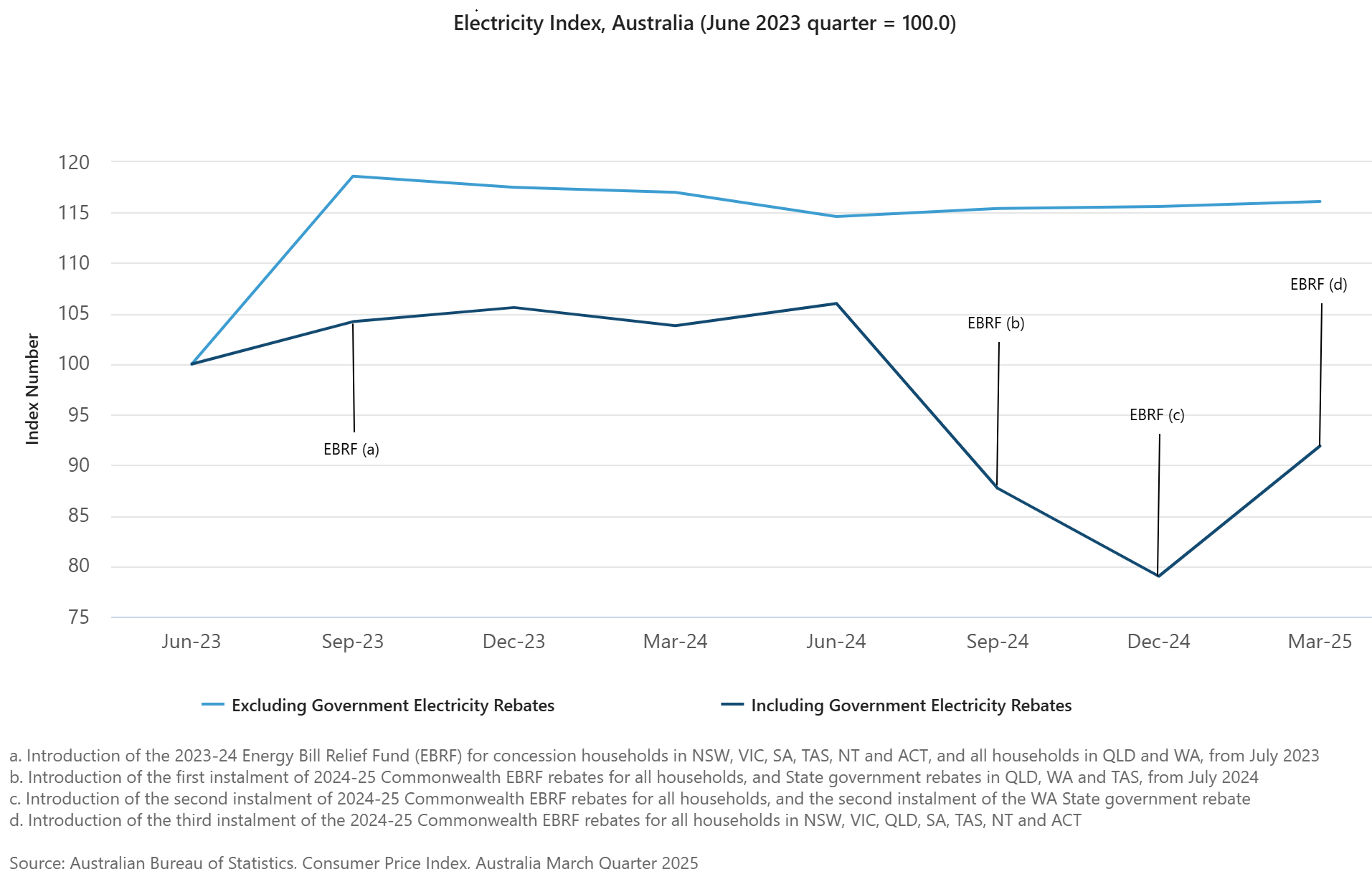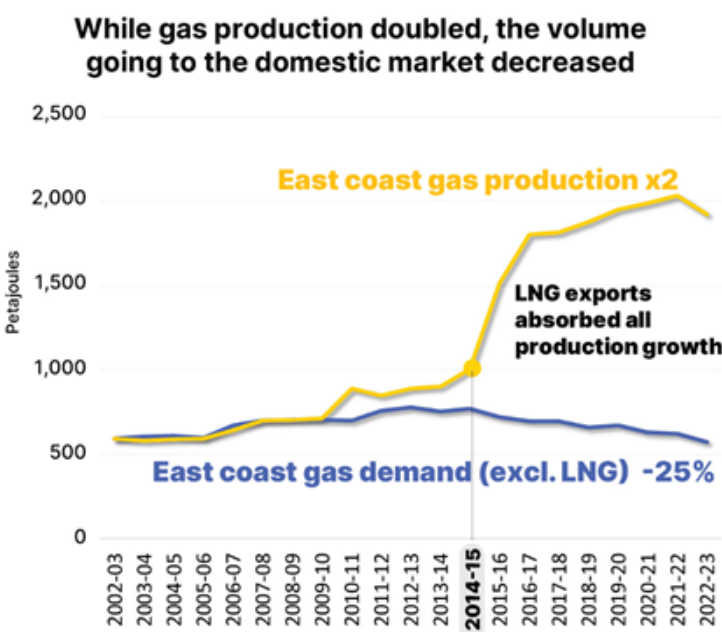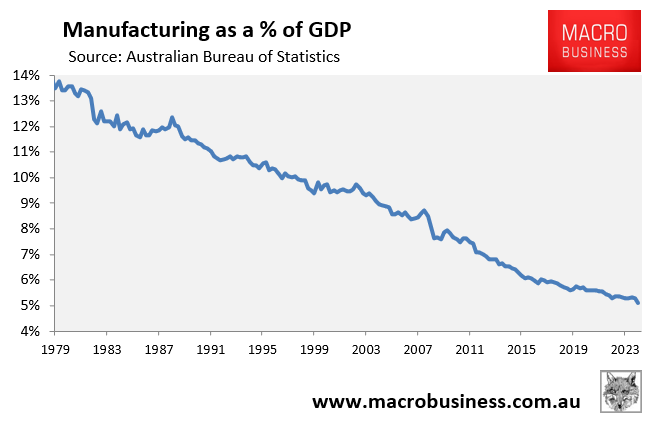Treasurer Jim Chalmers has not ruled out extending the federal government’s $6.8 billion energy rebates again. It was originally meant to expire in mid-2025, but has been extended for another six months.
“From budget to budget, we see if we can do more”, Chalmers has said.
Some members of Prime Minister Anthony Albanese’s Economic Inclusion Advisory Committee have called for the rebate to be scrapped.
Australian National University associate professor and member of the inclusion committee Ben Phillips said the government had to “bite the bullet at some point and unwind these things”.
“I don’t think they should have been there in the first place, as broadly based as they were”, he said. “The full-blown energy rebates going to all households, I think was a bit too strong anyway … given that we’re still concerned about physical ramifications and balancing budgets and all those sorts of things”.
Australian Council of Social Service CEO Cassandra Goldie contends that the funding should be redirected to providing home energy upgrades for low-income households.
“One-off energy bill rebates provide short-term relief but they are not a long-term solution to reduce energy costs and the cost-of-living crisis”, she said.
Brotherhood of St Laurence executive director Travers McLeod shares Cassandra Goldie’s view.
“In terms of energy relief, the Brotherhood of St Laurence wouldn’t support an extension to the rebates in their current form”, he said.
“In terms of energy relief, there are ways that can be done in a more targeted fashion”.
One thing is for certain: if the energy rebates are scrapped, CPI inflation will spike alongside power prices.

While the RBA looks through volatile prices by focussing on underlying inflation, higher headline inflation will drive up administered prices linked to CPI, such as aged pensions, JobSeeker payments, excises, etc.
Prices will then spike again if the Albanese government does not implement a gas reservation program for the East Coast, resulting in liquefied natural gas (LNG) being imported into the southern states.

If East Coast Australia begins importing LNG, the gas price will soar from around $12 a gigajoule currently to import parity prices of around $20 a gigajoule.
Electricity prices will then soar given gas’s vital role in firming and as a marginal price setter in the wholesale electricity market.
Inflation will spike, cost of living pressures will increase, and more Australian manufacturers will be driven out of business by high energy costs.

The single best thing that the Albanese government could do for the energy market is emulate the Coalition’s gas reservation policy announced during the election.
Recall that the Coalition committed to reserving uncontracted gas sold on the spot market domestic use. The Coalition’s policy would have forced companies to supply the gas domestically by imposing a levy on gas not locked up in long-term contracts that companies export.
The Coalition’s levy would have been set at a level that made it more financially rewarding to sell the gas into the domestic market than ship it offshore.
The Coalition’s policy aimed to divert the gas equivalent of about 20% of domestic demand from exports to domestic consumers, thereby preventing gas imports and lowering gas and electricity prices.
The Coalition had promised to deliver East Coast gas for under $10 a gigajoule, versus around $12 currently. The counterfactual scenario involves Labor’s policy of no reservation, the start of LNG imports, and an east coast gas price of $20 per gigajoule.
The Coalition also promised to invest $1 billion into a Critical Gas Infrastructure Fund to increase gas pipeline and storage capacity.
Extra pipeline capacity and/or storage is vital to enable gas flows to Victoria during the peak winter months when the north-south pipeline operates at capacity.
Shell Australia chair Cecile Wake begrudgingly admitted that the Coalition’s gas reservation policy would drive down prices.
Wake said the policy would “potentially push more supply into the market than there is actual demand … and when that happens, it has the effect of potentially driving prices even lower than the $10 [a gigajoule].”
Lowering energy prices via domestic reservation costs taxpayers nothing and solves the affordability problem at its source. What is Labor waiting for?

